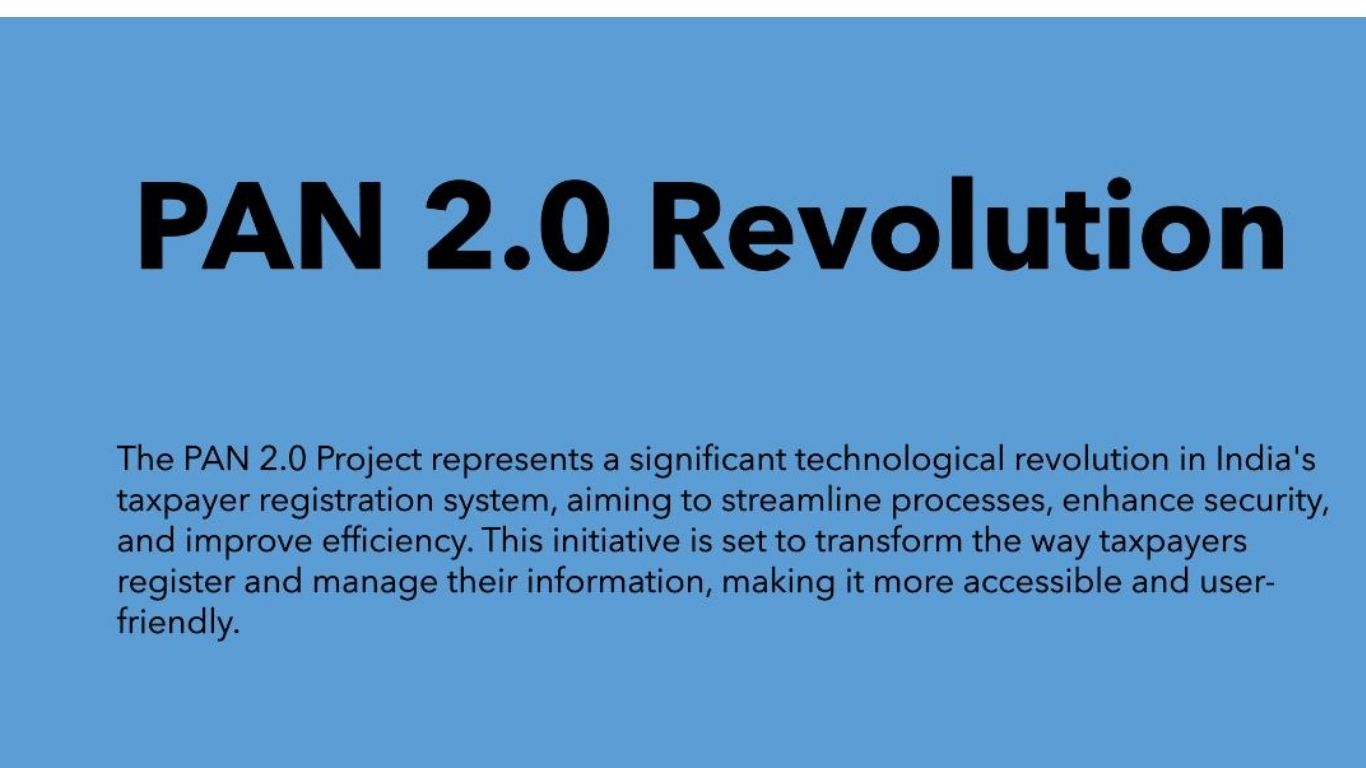In recent years, the state of democracy around the globe has come under intense scrutiny. Factors such as the rise of populism, growing authoritarianism, economic inequality, and the challenges posed by misinformation and social media have all combined to create a complex landscape for democratic governance. As we conduct this global check-up, we will explore the current health of democracies across various regions, the democratic backsliding observed in certain nations, and the underlying factors impacting the resilience of these systems.
The State of Democracy: A Mixed Picture
The Economist Intelligence Unit’s annual Democracy Index serves as a valuable tool for assessing the state of global democracies. In its latest report, the index revealed a mixed picture, showcasing that while some countries have made strides toward democratic governance, others are facing significant challenges.
Countries such as Norway, New Zealand, and Finland consistently rank high on the index, demonstrating strong institutions, political pluralism, and civil liberties. In these nations, engagement in political processes remains robust, and citizens enjoy a high degree of freedom and transparency in governance.
Conversely, countries like Venezuela, Syria, and North Korea continue to exist in the bottom tiers of the index, characterized by oppressive regimes and severe restrictions on civil and political rights. The widening gap between these two extremes raises critical questions about the future of democracy internationally.
Democratic Backsliding: A Troubling Trend
One of the most concerning phenomena observed in recent years is the trend of democratic backsliding, where established democracies are seeing erosion in their political institutions and civil liberties. Hungary and Poland are often cited as prime examples, where ruling parties have systematically undermined judicial independence, restricted media freedoms, and targeted civil society organizations. Such moves have raised alarms within the European Union and triggered debates over the importance of upholding democratic norms within member states.
Beyond Europe, nations like Brazil and India have faced similar challenges. In Brazil, former President Jair Bolsonaro’s term saw heightened political polarization, attacks on press freedom, and the undermining of environmental protections. In India, Prime Minister Narendra Modi’s government has faced criticism for its handling of dissent, curtailing civil liberties, and fostering a culture of majoritarianism that marginalizes minority communities.
The Role of Young People and Civic Engagement
While the overall picture may appear bleak, young people globally are rising to the occasion and demanding change. Activism surrounding climate change, gender equality, and social justice has sparked a renewed interest in civic engagement among youth. From the streets of Hong Kong to the Black Lives Matter movement in the United States, younger generations are not only voicing their concerns but are also taking active roles in shaping democratic discourse.
Social media, while often criticized for spreading misinformation, has also served as a platform for mobilization and awareness. Grassroots movements, fueled by digital platforms, have been instrumental in bringing attention to issues that transcend borders and challenge existing power structures.
The Geopolitical Landscape: Democracy vs. Authoritarianism
The competition between democracy and authoritarianism is increasingly shaping global geopolitics. The rise of China as a global superpower, promoting an alternative model of governance, has opened up new discussions about the efficacy of democratic systems. China’s success in controlling information, harnessing technology for surveillance, and managing its economy presents a challenge to traditional Western notions of governance.
However, the global appetite for democracy remains resilient. Recent events, including the resurgence of democracy in nations like Sudan and the Philippines, underscore the inherent desire for democratic norms and governance among people worldwide. Support from international organizations, democratic nations, and civil society can play a crucial role in fortifying these movements and supporting democratic aspirations.
Conclusion: The Future of Democracy
As we take this global check-up, the health of democracy appears to be a double-edged sword—marked by both significant challenges and remarkable resilience. Addressing the specter of democratic backsliding, supporting civic engagement, and fostering international solidarity among democratic movements will be pivotal in shaping the future of governance worldwide.
It is essential for both citizens and leaders alike to remain vigilant and committed to the principles of democracy—transparency, accountability, and participation. Empowering democratic institutions and ensuring that all voices are heard will not only safeguard democracy but also pave the way for a just and equitable society. The future of democracy is not preordained; it is a collective responsibility that requires active engagement and unwavering dedication to the ideals of freedom and justice.















